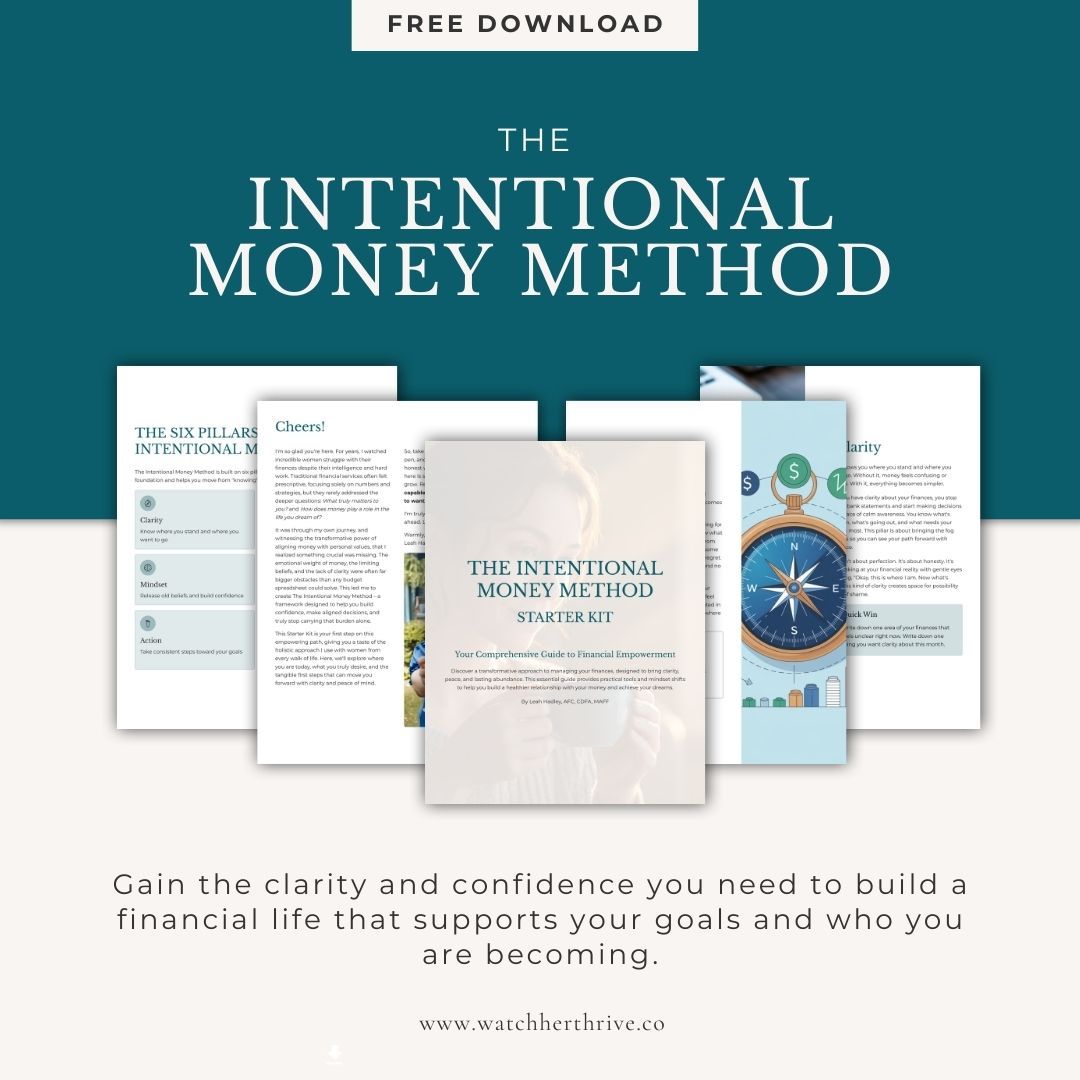Investing Doesn't Have to be Scary: Selecting a Financial Advisor to Be Your Guide

For the next week, we are going to explore why many people are fearful when it comes to investing. If you don't have much knowledge of investing, it is essential to work with a financial advisor. However, what if it's choosing the advisor that has you at a standstill?
As a financial advisor who has worked for a few different financial institutions in my career, I have known A LOT of financial advisors. As with any profession, there are some excellent financial advisors, and there are ones that leave a lot to be desired.
Often, when I sit with prospective clients, they talk about being worried that their existing financial advisor is taking advantage of them. I think it's valid to be worried about getting taken advantage of. I have seen many portfolios come across my desk where it is clear that the financial advisor who sold the investments made more than the client ever did.

How to Choose a Financial Advisor
Choosing the right financial professional is essential toward reaching your financial goals. All financial professionals are not equally skilled, nor are they similarly capable. Some financial advisors receive more training in sales strategies than in financial planning or investment selection.
Abilities and ethics vary from one person to another. It’s your money, so ensure that you’re protecting it and getting the best service possible. Take your time and find someone that fits your personality and needs.
Ask friends and family for referrals.
Ask those you trust for recommendations. Avoid following anyone’s advice blindly. These recommendations only serve as a starting point for further research.
Be wary of familial connections. If your neighbor recommends his brother, you might not be getting the best advice.
Do your research.
Whether you’re looking for a financial advisor, tax attorney, or accountant, a simple web search should provide you with quite a bit of information. Make sure you select someone who typically works with people like you. For example, a financial planner who specializes in working with physicians might not be the best choice if you’re a teacher.
Be aware that no financial expert is the best choice for every type of client. Find someone that’s an expert at addressing your needs.
Check credentials.
Find out what credentials your prospective expert has and verify them. Ensure that you understand what each of the credentials means. For example, one of my credentials is an Accredited Financial Counselor (AFC). As a Financial Counselor, I have a lot more training in behavioral finance than your average financial advisor. That is a skill that's helpful for those who struggle with things like budgeting and debt repayment.
Discuss costs.
Once you've started to narrow down your options, it's time to discuss costs. Many financial advisors hide fees in the investments they recommend. I, personally, prefer transparency when it comes to pricing, which is why I offer financial advice on a fee-only basis. Regardless, understanding how you will be charged is essential.
Determine if you’d be working with that individual or anyone that’s part of their team.
Who you regularly communicate with may or may not matter to you. However, it can be helpful to develop a relationship with someone that understands your needs and your finances more intimately.

Ask about expectations.
For a financial planner, ask to see a sample of a financial plan. You might get a one-page summary or 20 pages of charts and graphs. Which appeals to you more?
What is their investment philosophy? How often will she communicate with you? By what means?
Go with your gut.
Ask yourself if you trust this person? Do you think you could work effectively with them? Do you feel confident about working with them, or would you be lying in bed at night worrying? Follow your intuition once you’ve narrowed down the field to a few suitable candidates.
Review your choice each year.
Keep your eye on the new addition to your financial team. At least once a year, evaluate your decision to hire them. Are you pleased with your choice? Would you like to find someone else instead? You have the right to change your mind and go in a different direction.
Spend the necessary time to find the right financial professional for you. Determine your needs and then find the best person to fulfill them. Ask your friends and family for referrals and then begin the research process. It’s worth the effort required to find the best fit.
Do you want to talk to other moms about how to select the right financial advisor? Join us in the Moms Managing Money Facebook Group.
Other related posts in our series about facing your investment fears:



